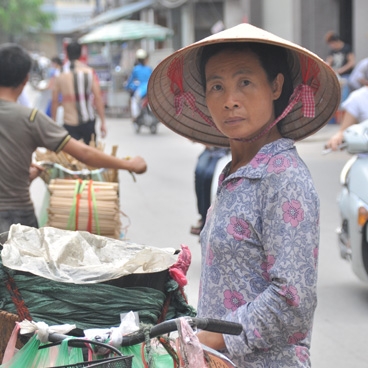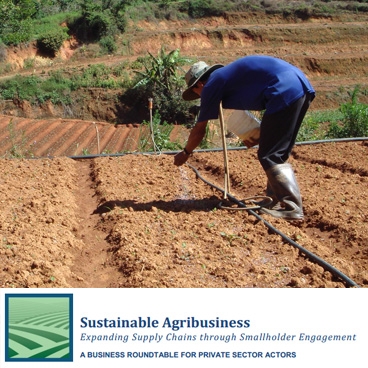Sigrid Wertheim-Heck, Gert Spaargaren and Sietze Vellema conducted a research with the aim to investigate how Vietnamese citizens in their everyday lives are confronting the health risks and other side effects related to the consumption of fresh vegetables.
Concerns about food safety influence the way in which Vietnamese consumers confront the question of where, how and from whom they buy their fresh vegetables. In this paper we analyze in what manner and to what extent existing shopping practices inhibit the adoption of modern retail based food safety strategies. Using a social practices theory based approach; we analyze in detail the sales practices of sellers and the purchasing practices of consumers in a Vietnamese provincial city.
This study reveals how both sellers and buyers in wet-markets, Asian style fresh food markets, apply different sets of skills and knowledge, based on locality, personal contacts and private judgment, to match supply and demand in the context of food safety threats. Within the everyday practice of shopping for vegetables, trust is shown to be continuously reproduced along pre-given lines.
Consumers do not easily look outside or move beyond their existing routines even when food safety concerns would urge them to do so. From these findings we conclude that in situations where wet-markets serve as the dominant channel for distributing and purchasing fresh food, the efficacy of government and retail induced food safety strategies depends on their articulation within existing food purchasing routines of Vietnamese consumers.





